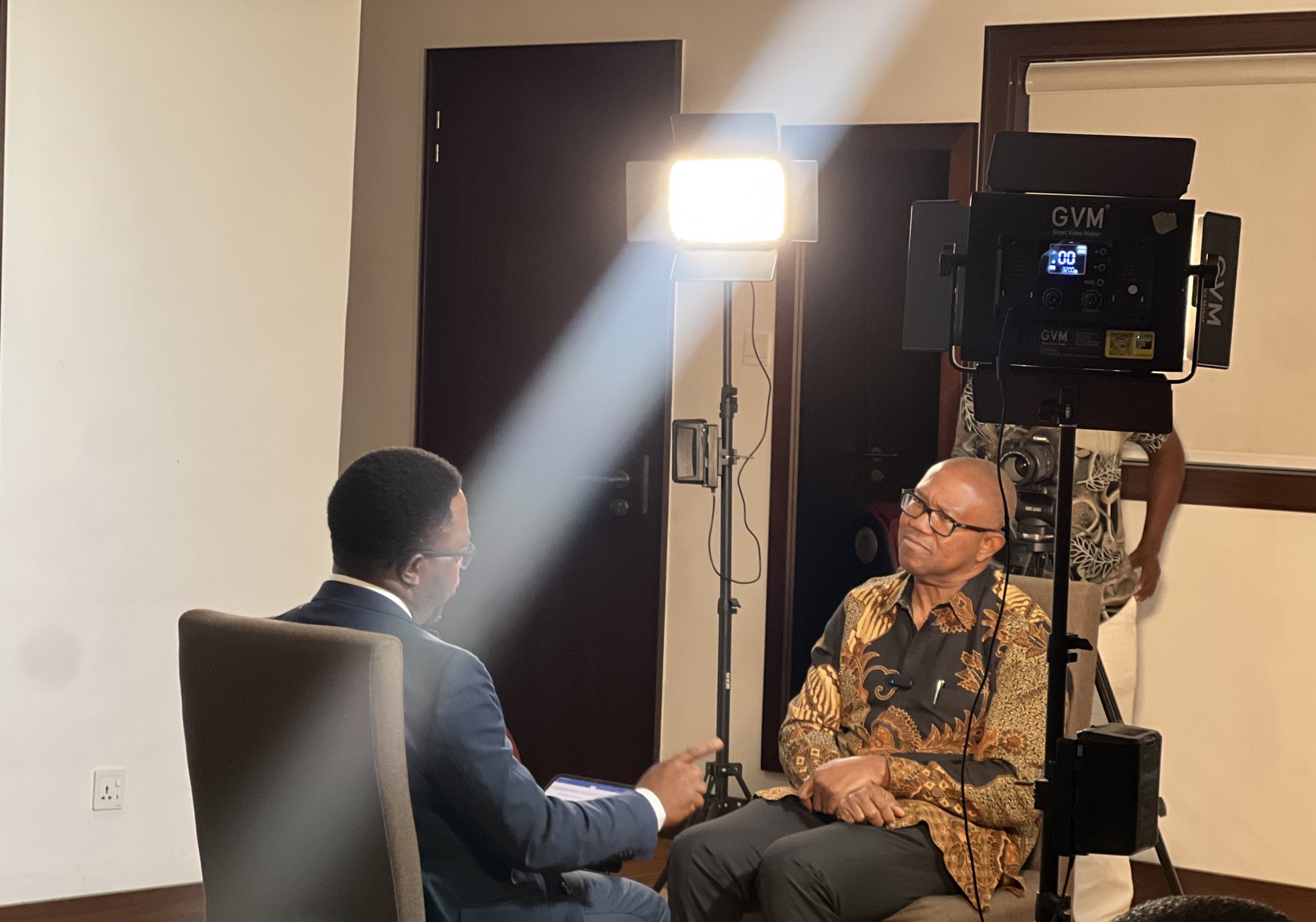
Shocking Blow to Multichoice: NDPC Slams N766.2 Million Fine Over Data Protection Breach

In a landmark enforcement move that has sent shockwaves across Nigeria’s corporate landscape, the Nigeria Data Protection Commission (NDPC) has fined Multichoice Nigeria a staggering N766.2 million for violating the provisions of the Nigeria Data Protection Act (NDPA). This unprecedented fine underscores the federal government’s renewed commitment to enforcing data privacy laws and holding corporations accountable for how they handle the personal information of millions of Nigerians.
The NDPC, established under the Nigeria Data Protection Act of 2023, delivered this hammer of justice following an extensive investigation into Multichoice’s data handling practices. The probe, which reportedly lasted several weeks, was triggered by mounting complaints from consumers and data protection advocates who alleged that the entertainment giant was flouting privacy regulations enshrined in the Act. After careful review, the Commission concluded that Multichoice had breached several key sections of the Act, including unlawful data processing, failure to obtain proper consent, and inadequate data protection measures.
The fine—N766,280,000 to be precise—is not just a penalty but a clear warning to other companies operating in Nigeria: the era of lax data governance is officially over. According to sources close to the investigation, Multichoice’s offenses included using customer data for marketing without explicit consent, inadequate transparency regarding how data is stored and processed, and failing to implement sufficient safeguards to prevent unauthorized access to sensitive information.
In its official statement, the NDPC said, “This fine serves as both a punitive and corrective measure. The objective is not to destroy businesses but to ensure that they align with global best practices in data protection and treat the personal data of Nigerians with the seriousness it deserves.” The Commission emphasized that the fine was calculated based on the severity of the breach, the number of data subjects affected, and Multichoice’s failure to comply with earlier compliance directives issued during the preliminary stages of the investigation.
Multichoice Nigeria, the operator of DStv and GOtv—two of the most widely subscribed pay-TV platforms in the country—has since responded, stating that it is reviewing the NDPC’s findings and will determine its next steps after consulting with legal advisers. In a brief statement to the press, a company spokesperson said, “We acknowledge receipt of the decision and are committed to working with the Commission to resolve any outstanding compliance issues. Our customers’ privacy is of paramount importance to us.”
But for many Nigerians, especially data privacy advocates and civil society organizations, the NDPC’s bold action represents a long-overdue reckoning. “For years, Nigerians have been at the mercy of companies that exploit their personal data without consequence,” said Amaka Oguike, a data rights campaigner with Digital Freedom Africa. “Today marks a turning point. The NDPC has sent a strong message that even the biggest corporations are not above the law.”
Indeed, the NDPA mandates that organizations processing the personal data of Nigerians must do so with lawful basis, clear consent, transparency, and security. It further requires that data subjects be informed of their rights and be given avenues to exercise them—including the right to access their data, correct inaccuracies, and withdraw consent. The Act also places a premium on compliance documentation and proactive risk assessments, areas where Multichoice was found wanting.
The NDPC’s enforcement arm, bolstered by its growing technical capacity and legal backing, is reportedly preparing additional audits and investigations targeting telecoms, fintech firms, and other data-heavy sectors. Already, compliance consultants and legal experts are predicting a wave of regulatory recalibrations as companies scramble to avoid being the next on the Commission’s radar. “This is a wake-up call,” said Adeyemi Olabode, a data protection lawyer in Lagos. “Any business that processes large volumes of personal data must now take privacy seriously—not just as a moral obligation but as a legal necessity.”
The timing of the fine also adds a layer of symbolism, coming just weeks after the NDPC marked its first anniversary as an independent regulatory body. It reflects the agency’s rapid evolution from a relatively obscure entity to a formidable watchdog with teeth. NDPC’s National Commissioner, Dr. Vincent Olatunji, has consistently emphasized the agency’s zero-tolerance stance on non-compliance, warning that erring data controllers would face consequences.
Beyond the financial penalty, Multichoice has also been ordered to overhaul its data governance framework, retrain its staff on data protection principles, and submit to regular compliance audits over the next 12 months. These remedial measures aim to not only penalize but reform the company’s approach to customer privacy. Failure to meet these terms could lead to further sanctions, including criminal prosecution under the NDPA’s provisions.
As news of the fine continues to circulate, public reaction has been mixed. While many applauded the NDPC’s firmness, some users expressed concern over whether the penalty would translate to better customer experience or simply be absorbed as a cost of doing business. Others questioned how the money collected from the fine would be used and whether victims of the data breach would be compensated directly.
Nevertheless, legal analysts are hailing the action as a watershed moment for digital rights enforcement in Nigeria. For years, the conversation around data privacy was mostly theoretical, with few real-world examples of accountability. That has now changed. Nigeria has joined a growing list of countries using regulatory tools to rein in corporate excess and protect the privacy of citizens in an increasingly digitized world.
The fine also aligns Nigeria with global trends where regulators in Europe, North America, and parts of Asia have imposed multimillion-dollar fines on tech giants for data protection violations. In many of those cases, penalties were just the beginning—reputational damage and customer trust erosion often proved costlier. Whether Multichoice will face a similar fallout remains to be seen, but experts agree the company will need to make visible changes to restore consumer confidence.
As the dust settles, one thing is clear: the NDPC has raised the bar, and Nigerian companies must rise to meet it. Data is the new oil, but unlike crude, it comes with deeply personal implications. The days of unchecked exploitation are over. A new era of digital accountability has begun.

